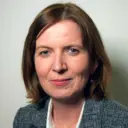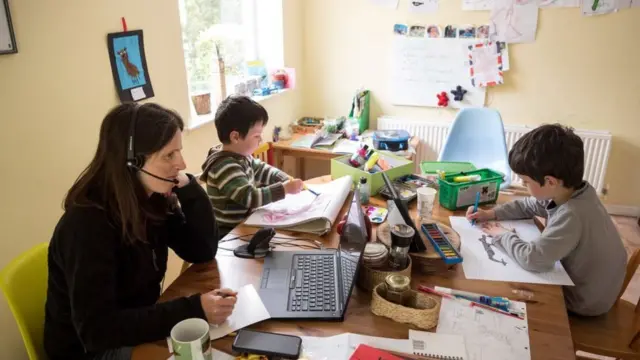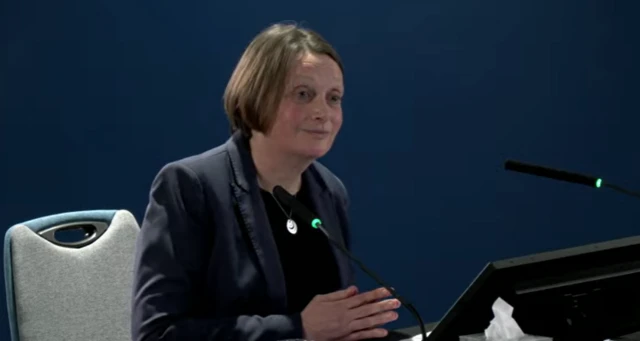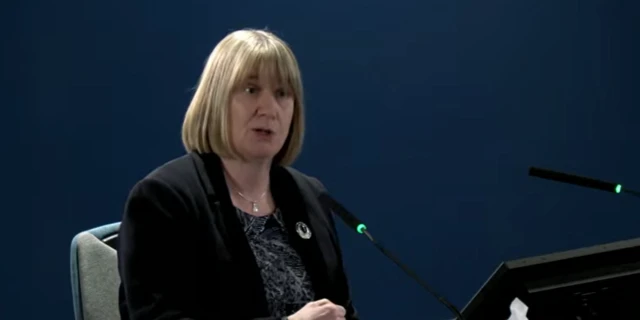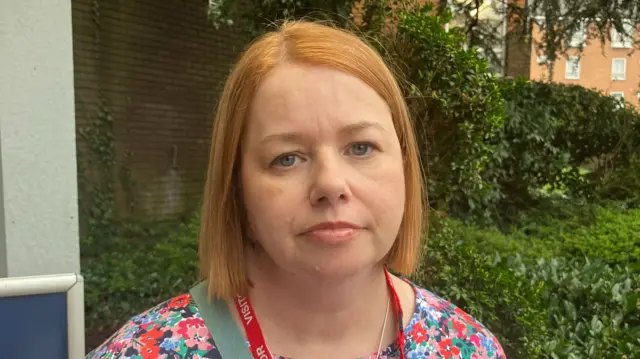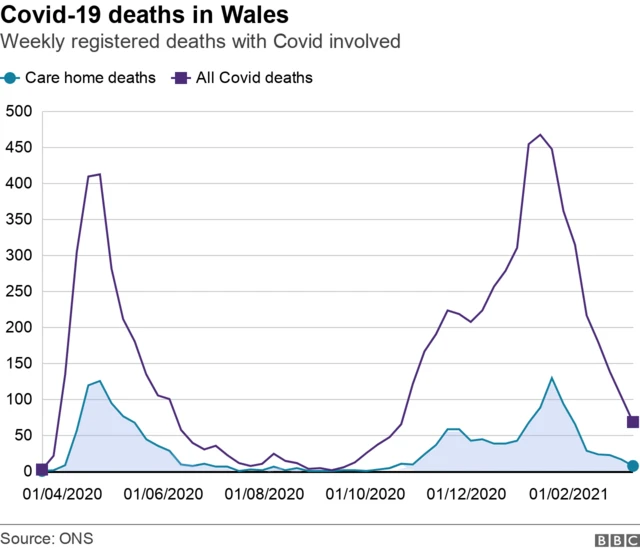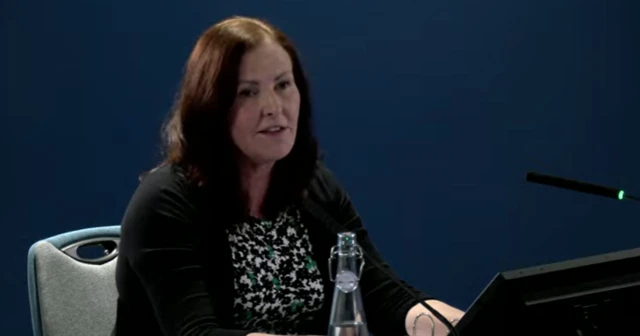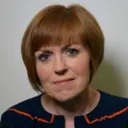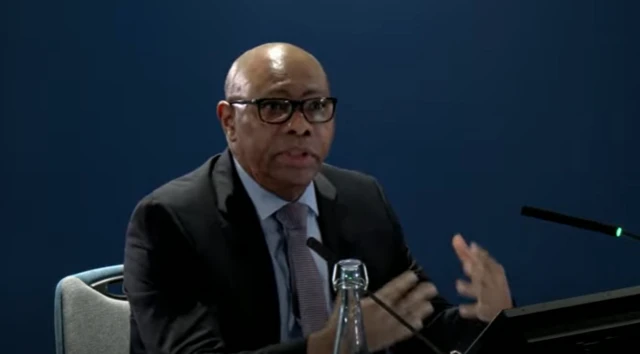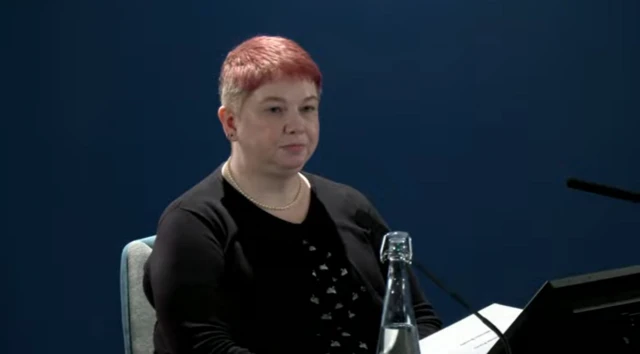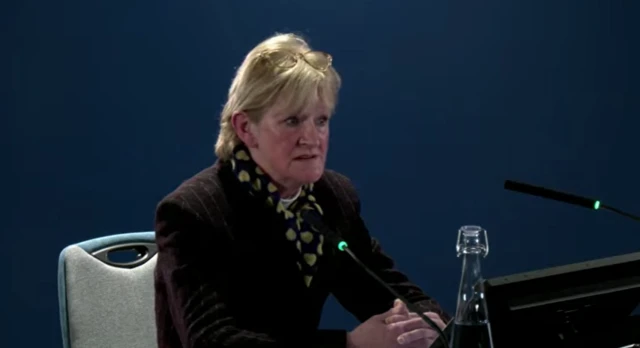Session ends for the daypublished at 16:47 GMT 28 February 2024
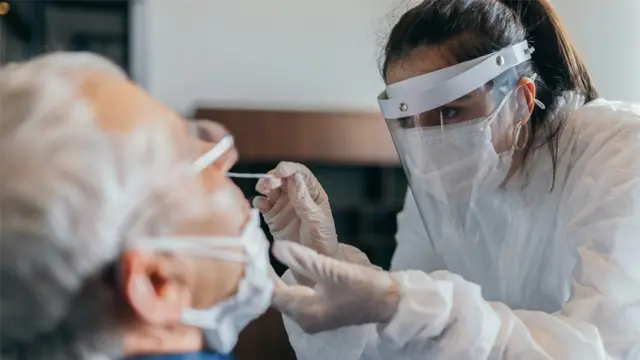 Image source, Getty Images
Image source, Getty ImagesThe issue of care homes during the pandemic was repeatedly raised on the second day of the Covid inquiry in Wales
Our live page coverage of the second day of the Covid inquiry in Wales is coming to an end shortly, but here are some of the main developments from today:
- Elizabeth Grant, from the Covid-19 Bereaved Families Cymru group, was the first to speak this morning, describing the experiences of her mother, Betty, who died after testing positive for Covid. Elizabeth said she was not aware of personal protective equipment (PPE) being used in the hospital, and said her mother was not tested for Covid when she was admitted
- Prof Emmanuel Ogbonna, from the first minister’s black, Asian and minority ethnic (BAME) advisory group, also spoke this morning saying the pandemic had exposed existing racial inequalities. He also said there were language barriers and cultural differences that made it difficult to get messaging to people from ethnic minority backgrounds
- Debbie Foster, from Cardiff University, spoke of the impact Covid had on disabled people in Wales, saying the specific challenges they faced “should have been understood” earlier than they were. She also said that there was a general feeling that disabled people were “seen throughout Covid as dispensable”
- The issue of care homes was also raised several times in today’s hearing, with Helena Herklots, older people’s commissioner for Wales, saying that older people were being discharged from hospitals into care homes without being tested for Covid. She also said that some of the messaging during the pandemic eroded older people’s trust in the NHS
- And the former children’s commissioner for Wales, Sally Holland, said she was not consulted about school closures in March 2020. She also pointed out that pubs were reopened before children were allowed into parks and play spaces, giving examples of where children’s needs were not taken into account

